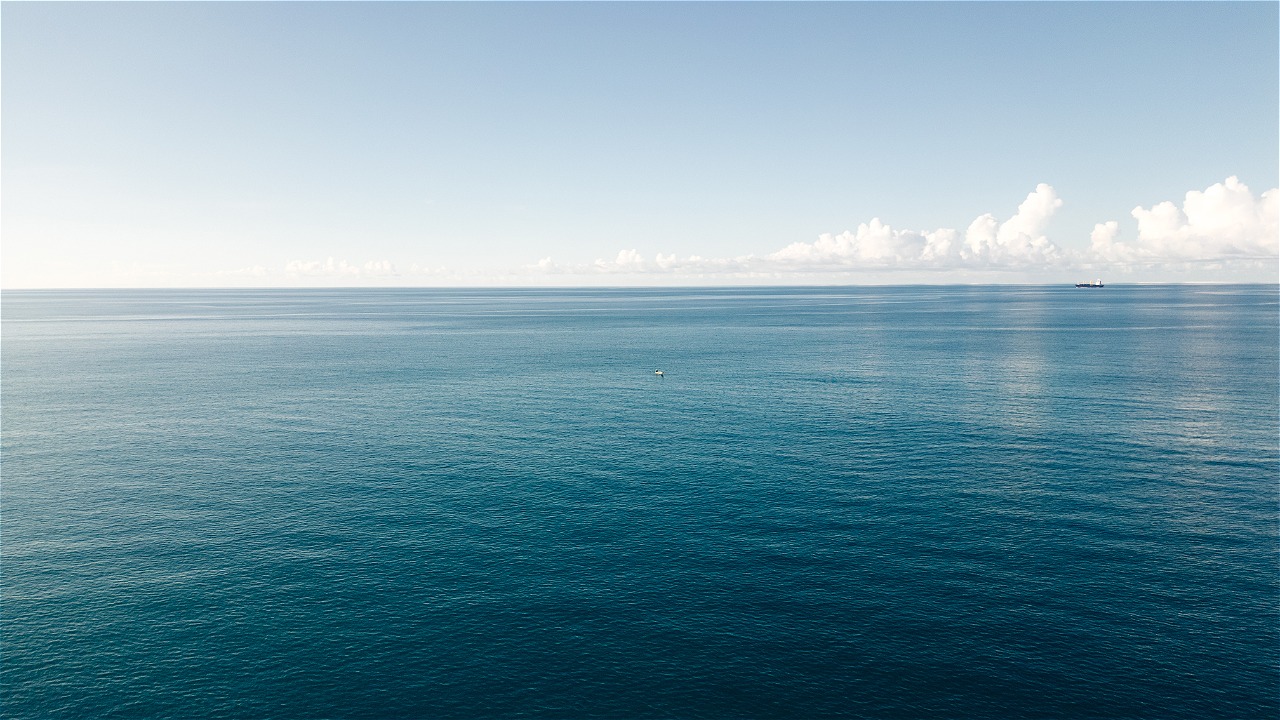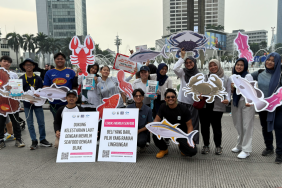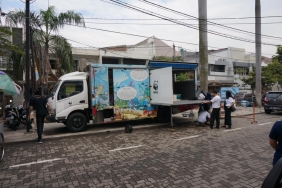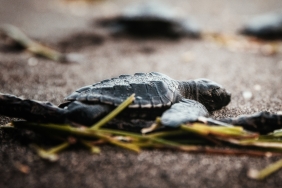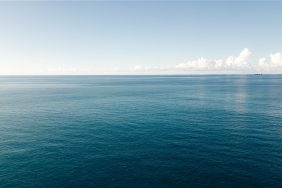TODAY'S OCEAN PARADIGM
By: Aulia Gusti Kinasih (Marine Buddies Community)
Talking about the ocean, talking about how young people's paradigm of a healthy ocean. The use of various perspectives in determining steps for the problem at hand is needed as an effort to increase awareness of the sustainability of our marine ecosystems.
Youth are considered to have a high fighting spirit with bright ideas. But do they care about the current condition of our oceans?
The ocean, which covers most of the earth's surface, plays a role in controlling the weather, climate and the air we breathe every day. The ocean can also absorb 30-50 percent of carbon dioxide from combustion. In addition, we can also get the largest source of protein from the food in the sea, such as fish, shellfish or seaweed. This shows that without a healthy ocean, we won't have a healthy planet either.
In this 90-minute film, we are also presented with a video of an attractive coral reef with beautiful colors. Coral reefs are synonymous with being home to animals and plants because 25% of marine life depends on them. More than 500 million people also use coral reefs as the most important animal in the ocean because it has the potential to increase their income. The biodiversity that can be found in the sea is also an attraction for travelers. Many of them are willing to spend a lot of money to enjoy the world's seas.
However, along with the increase in human activities that are not environmentally friendly, we are now faced with a serious problem, namely global climate change which causes coral bleaching. Coral reefs are bleaching in response to rising sea surface temperatures. Did you know that we can actually prevent coral bleaching?
The first global-scale coral bleaching occurred in 1998. The second global coral bleaching occurred in 2010. The ocean that keeps the Earth's temperature stable is now being threatened so it is predicted that in the next 25 years there will be another global scale coral bleaching that will get worse. If we look further, the losses we are experiencing now are not comparable to the damage to nature that if cashed out reaches an incalculable value. Coral reefs are natural breakwaters that protect us from large waves. Coral reefs are where the food we eat begins its life. But if one coral dies, it will affect the others, and this is the beginning of the extinction of marine ecosystems.
All the facts above I got from the movie Chasing Coral which I watched at the Smart Friendship 3.0 activity with the Marine Buddies Surabaya Community. The activity, which was attended by 100 environmental activists in Surabaya, was held on October 29 and invited three speakers with different backgrounds, namely Ir. Joestamadji, M.Si, Head of the Surabaya City Food Security and Agriculture Office, Dwi Aryo Tjiptohandono, WWF-Indonesia's Maritime and Fisheries Campaign Coordinator, and Ayu Meivitasari M, 2017 Miss Scuba Indonesia.
For me, it's not about whether global climate change has an impact on coral reefs, but it's about the impact it has on the sustainability of our ecosystems. Behavioral changes for the restoration of nature can start from ourselves. Believe that what we do now will affect the lives of our children and grandchildren in the future.

